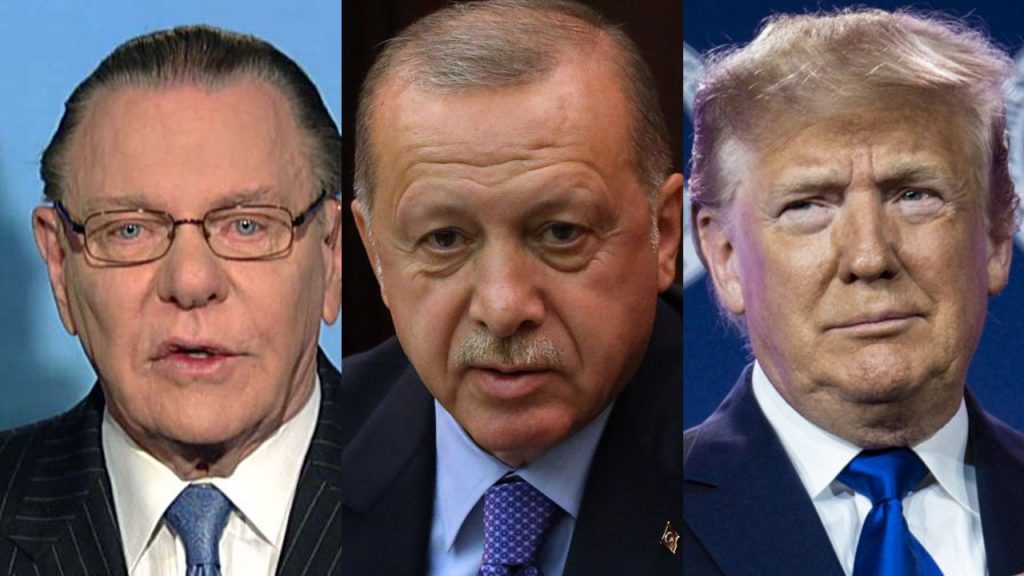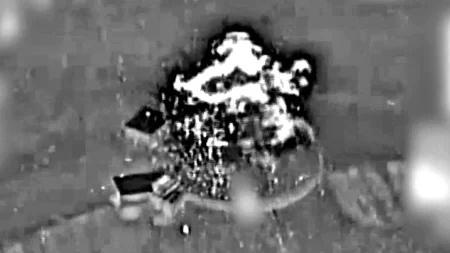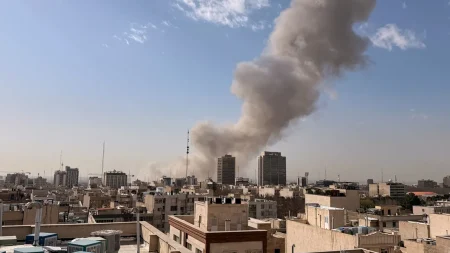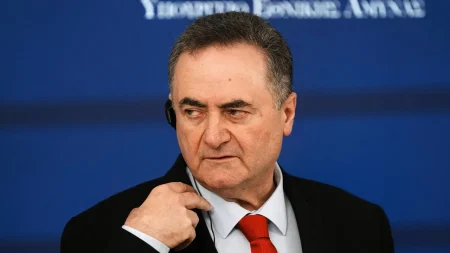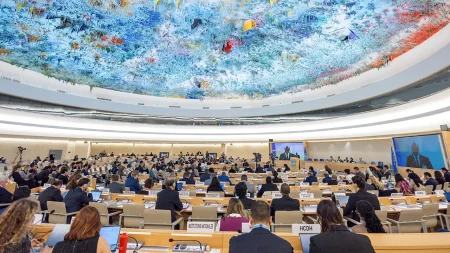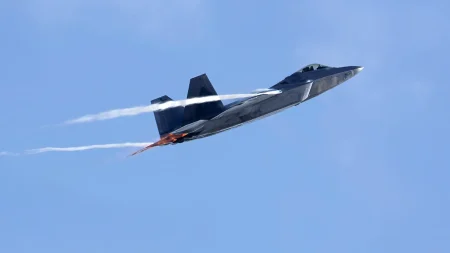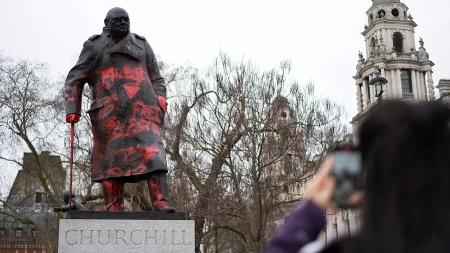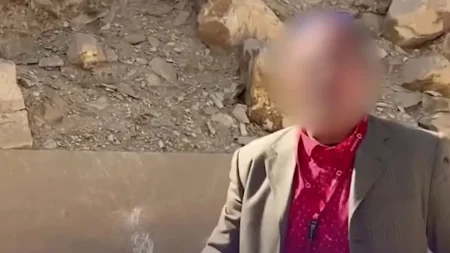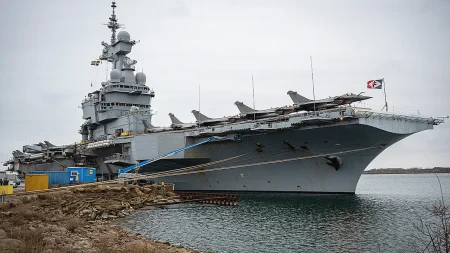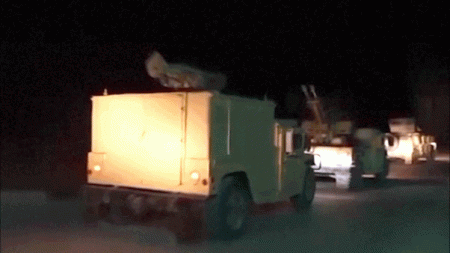The precarious situation of the Syrian Kurds, caught between the collapsing Assad regime and Turkish aggression, has become a focal point of international concern. Turkey, under President Erdoğan, views the Kurdish forces as an extension of the PKK, a designated terrorist organization, and has initiated military operations against them despite their crucial role in the U.S.-led fight against ISIS. This action threatens to destabilize the region and potentially allow for the resurgence of ISIS, a concern voiced by retired General Jack Keane and other experts. Keane suggests that former President Trump, who has successfully intervened with Erdoğan on this issue in the past, could be instrumental in halting the Turkish offensive.
Turkey’s aggressive stance towards the Syrian Kurds raises alarms about potential ethnic cleansing and further complicates the already volatile Syrian landscape. While world leaders focus on the downfall of Assad, Erdoğan’s focus remains on eradicating the Kurdish presence along his southern border. This poses a significant dilemma for the U.S., which has relied heavily on the Syrian Democratic Forces (SDF), a predominantly Kurdish group, to combat ISIS. Simultaneously, Turkey, a NATO ally, demands action against the PKK, which it links inextricably with the SDF. This multifaceted conflict necessitates a delicate balancing act for the United States as it navigates its relationships with both parties.
The complex web of alliances and rivalries further obfuscates the situation. Ahmad al-Sharaa, the leader of the U.S.-designated terrorist group HTS, which played a major role in Assad’s downfall, has surprisingly expressed support for the Kurds, acknowledging their shared plight under the regime. Furthermore, the U.S. has reportedly engaged in direct contact with HTS despite its terrorist designation, further underscoring the intricate and often contradictory nature of the alliances in the region. This complexity demands a nuanced approach from the international community.
The Syrian Kurds, led by Mazloum Abdi of the SDF, have called for unity amongst Kurdish factions to confront the looming Turkish threat. This appeal underscores the urgency of the situation and the desperate need for a unified front to withstand the Turkish offensive and maintain stability in the region. International actors, including Senator Lindsey Graham and the Dutch Parliament, have voiced concerns and urged action to protect the Kurds, recognizing their invaluable contribution to the fight against ISIS.
The Autonomous Administration of North and East Syria (AANES), the Kurdish-led governing body in the region, has issued a plea to the international community for support in protecting Kobani, a symbolic city that became a focal point of resistance against ISIS. This appeal highlights the significant threat posed by the ongoing Turkish operations and the fear of a resurgence of extremist groups in the power vacuum created by the fall of the Assad regime. The AANES plea underscores the Kurds’ precarious position and the urgent need for international intervention.
Turkey, however, remains steadfast in its position, viewing the PKK and YPG as inextricably linked terrorist entities that pose an existential threat. Turkish Foreign Minister Hakan Fidan has emphasized the need to differentiate between Syrian Kurds and the PKK/YPG, suggesting support for legitimate Kurdish representation in Damascus. While the U.S. acknowledges the PKK’s terrorist designation, it continues to partner with the YPG as a key component of the SDF in the fight against ISIS. This divergence in perspectives creates a diplomatic tightrope for the U.S., requiring it to balance its relationship with Turkey while supporting the Kurds, who are crucial allies in the fight against ISIS. The escalating rhetoric and military actions by Turkey underscore the urgency of finding a diplomatic solution to protect the Kurds, preserve regional stability, and prevent the resurgence of ISIS. The incoming U.S. administration will face a significant challenge in addressing this complex situation and balancing conflicting interests in the region.



